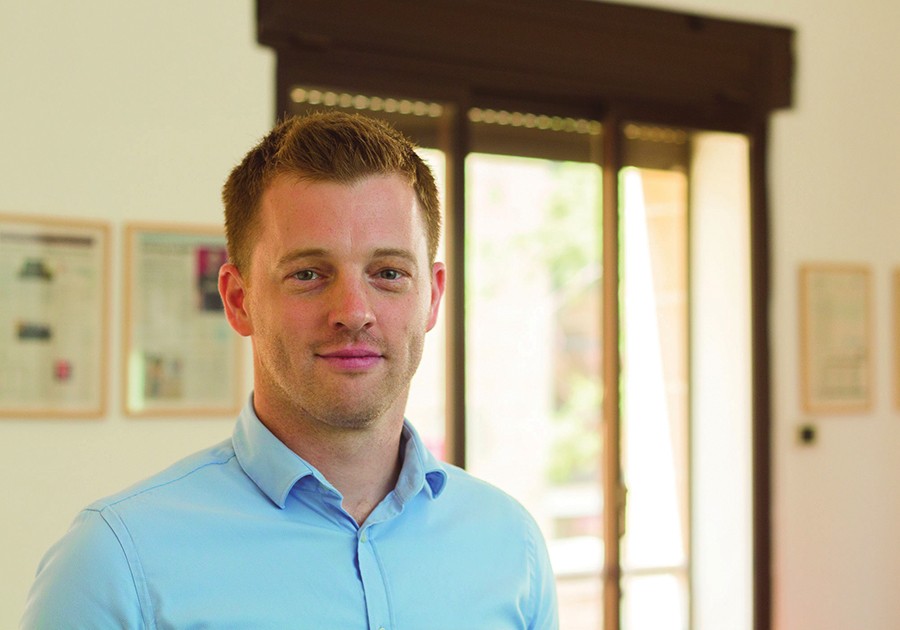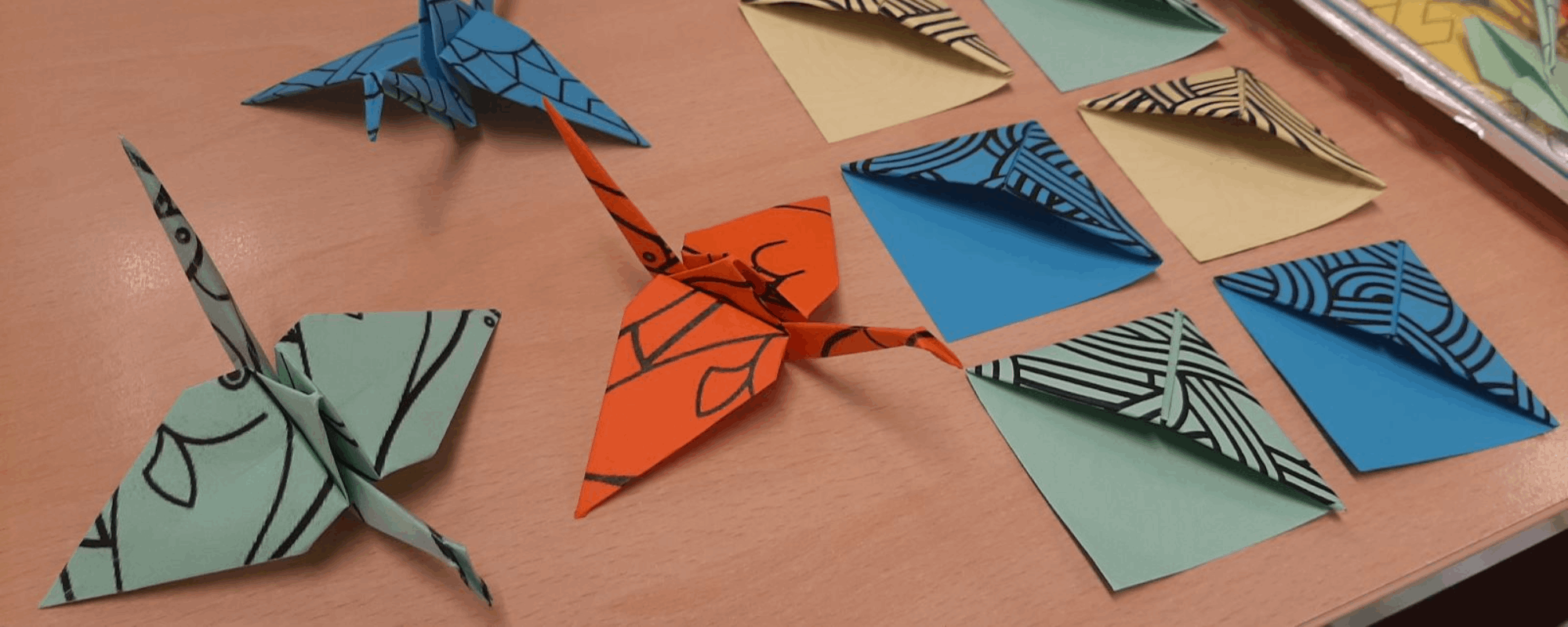What is it that separates innovation in the lab from successful multi-million euro ventures that make money and have a positive impact on the world? The Knowledge Transfer Office’s Andras Havasi writes.
When the firm grounds of research have been laid and a new invention is proven in the laboratory, the possibility of a new journey opens up: from the lab to life. This entails transforming inventions into products and services that create profit for companies and benefit society. This is the infamous valley of death that separates multi-million euro ventures from inventions that never stand a chance of returning the invested time and funds. But what separates two projects at either end of the spectrum? What are the key ingredients that make that very important difference?

Only a mere fraction of new inventions and technologies reach the market. These stories of victory are all unique. There is no secret recipe for guaranteed success. However, most of them have one thing in common: a lead researcher who plays a major role throughout the whole process. They drive the research beyond the walls of the lab into the outside world where it can be put to use.
Developing a product and selling it on the market is very different from conducting research. It is business we are talking about here, and it is severely competitive. The qualities and skills you need to maneuver through the business world are new to most researchers. The first is being able to see a business opportunity. This must be followed up with the ability to react to the opportunity and create value for customers. Then there is the scariest part of it all: having an aptitude for taking calculated risks. Most of the time, scientists stop dead in their tracks. A few rise to the occasion; they become both researcher and business person combined—an academic entrepreneur.
As with most of life’s choices, becoming an academic entrepreneur is personal. It requires careful self-examination, an assessment of your abilities and a consideration of your position in life and in your career. There’s more to consider beyond one’s own individual skills and dedication when starting a business venture that has a high chance of failure. In fact, the challenges that come with this move are so formidable that it is crucial to have a supportive academic environment that embraces entrepreneurship. Key steps include setting up technology transfer offices, business incubators, and entrepreneurship courses on campus. Also needed is the facilitation of industry-academia collaboration while having accessible business knowledge and support for researchers. But more could also be done. We need to encourage academic entrepreneurship by acknowledging researchers’ willingness to take the risk of the lab-to-life journey. Patents, spin-outs, and commercialisation efforts should count towards promotion.

Several international role models have proven that academic and entrepreneurial activities are compatible if you can learn the necessary skills. Researchers from Ohio University, Stanford, and MIT played a huge role in the development of GPS technology, Google, and the Internet respectively. It can be a real win-win situation for those who desire both academic freedom and the excitement of inventing new things and seeing one’s inventions in the hands of users. As for research institutions, if they want to strengthen their integrity in the triple helix model of innovation—the academia-industry-government relationship—then this is definitely the way forward.
There is a risk in leaving the comfort zone of research behind, but even in the worst case scenario there are gains to be had. The adventure might leave a researcher somewhat battered and bruised for a little while, but they will emerge armed with invaluable experience that will ultimately make them a better researcher. As for the best case scenario? The only limits to that are one’s own imagination and nerve.





Comments are closed for this article!